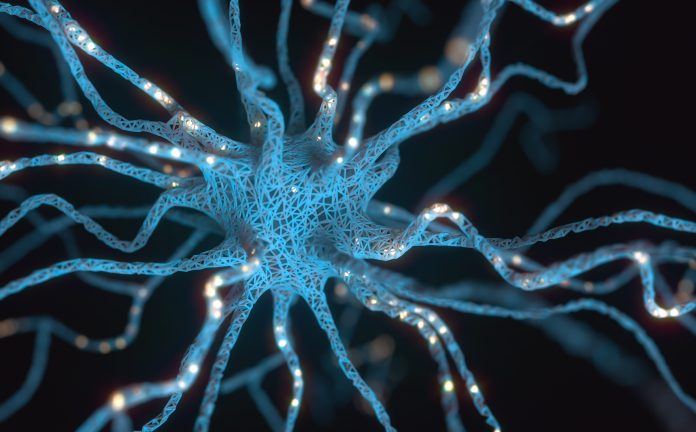Researchers at the Medical College of Georgia have found a potential connection between the experience of unpredictable stress and the function of neurons that can trigger depression
In the US, atleast 17.3 million people experience one episode of major depression.
The pandemic continues to contribute to lockdowns, losses and fear that further stress the people who remain caught in the jaws of COVID-19. Loneliness became an emerging issue for those who don’t live with anybody, and are too vulnerable to risk exiting their homes.
On the other hand, depression researchers have pushed forward with exciting ideas.
In one study, targeted neuromodulation eased the symptoms of severe depression in a woman who had suffered for years – within the space of minutes.
The patient commented: “It struck me so clearly in that moment that my depression wasn’t something I was doing wrong or just needed to try harder to snap out of — it really was a problem in my brain that this stimulation was able to fix. Every time they’d stimulate, I felt like, ‘I’m my old self, I could go back to work, I could do the things I want to do with my life.'”
The kind of stress that can create depression
While causes for depression seem abundant, a further question that has long haunted scientists is exactly what kind of stress can trigger depression?
In this study, Medical College of Georgia scientists and their colleagues report the first evidence that chronic, unpredictable stress induces changes in AgRP neurons. This rules out short-term stresses such as difficult exams.
What are AgRP neurons?
AgRP neurons are stimulated by hunger signals and inhibited by satiety.
Previous studies have shown that when activated, AgRP neurons can produce significant increases in eating that can result in significant weight gain. Activating these neurons in mice, in fact, increases their eating and food seeking. It has been found that the presence of food increases the firing of AgRP neurons, reinforcing that you are hungry and driving you to pick up that fork. It is often called the “hanger” neuron.
Changes in AgRP neurons are thought to contribute to depression.
Dr Xin-Yun Lu, chair of the Department of Neuroscience and Regenerative Medicine at MCG at Augusta University and Georgia Research Alliance Eminent Scholar in Translational Neuroscience, explained: “While it’s too early to say if the shift in neuron activity prompted by chronic stress and associated with depression starts with these neurons, they are a definite and likely key piece of the puzzle.
“It is clear that when we manipulate these neurons, it changes behavioral reactions.”
Mice with inhibited neurons no longer cared about sex
Researchers inhibited these neurons in mice, which increased their susceptibility to chronic, unpredictable stress – creating depression behaviour in the animals, such as reduced desire to eat sugar and have sex.
When researchers then activated the neurons, these classic depressive behaviour were reversed.
As in life, unpredictability can increase the experience of stress. So they also used that approach in their studies, with techniques like social isolation and switching light and dark cycles, and found that mice began exhibiting depressive behaviour by 10 days.
What can scientists do with this information?
The scientists found that the stress-related decrease in AgRP neuron activity seems to produce an increase in the activity of other nearby neuron types. They are pursuing that observation.
The team are also looking at adjustments that may happen to other neurons that respond to stress and reward in other sub-regions of the hypothalamus, as well as other parts of the brain to help define the circuitry involved. They also already are looking at the more time-consuming process of assessing whether removing the chronic stressors alone will also eventually result in the AgRP neurons resuming more normal activity.
Dr Lu further said: “We want to find better ways to treat it, including more targeted treatments that may reduce side effects, which often are significant enough to prompt patients to stop taking them.”











